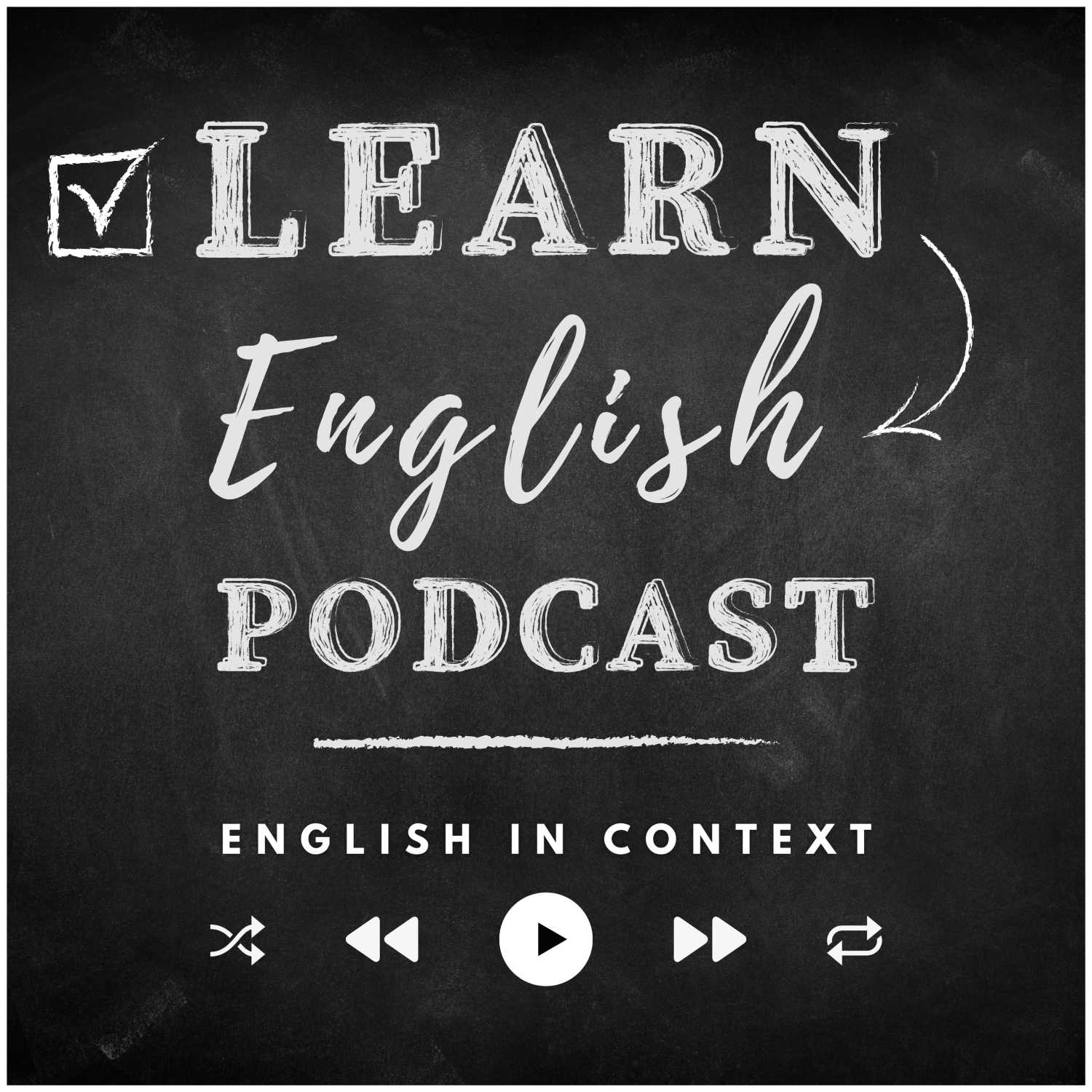Listen "How to Use Reading to Improve Your English"
Episode Synopsis
📖 Have you heard that reading and listening are key to learning English? The more you read and listen, the faster your fluency will improve. But how can you practice reading effectively? What strategies should you use, and what materials are best for your level?On today’s episode of the Learn English Podcast, we answer these questions and show you how to use reading to boost your English fluency. You’ll learn the science behind reading and why it is crucial for building vocabulary and understanding complex language structures. We explain two main reading strategies: intensive reading and extensive reading, and show how you can use both to improve your English.We also guide you on the best types of reading materials for learners at different proficiency levels. From beginners to advanced learners, you’ll get practical tips to maximize your reading time and see real progress. By tailoring your approach and using the right materials, you can continue to grow your English skills and unlock your full potential.🔔 Follow us on social media @LearnEnglishPod and visit our website:Podcast website: https://learnenglishpod.com/Follow us on social Media: https://linktr.ee/learnenglishpodTake lessons with me: https://www.italki.com/en/teacher/8531387📚Affiliate link for italki: https://www.italki.com/en/i/ref/GBBdbbAffiliate link for Lingq: https://www.lingq.com/?referral=msusc📜 SOURCESSteve Kaufmann: https://youtube.com/@ThelinguistStephen Krashen: https://www.sdkrashen.com/📝 Vocabulary list:1) Intensive reading: reading a text closely and carefully, often with the goal of understanding every word (learning)2) Extensive reading: reading a large amount of text, often without stopping to look up every unknown word (exposure)3) Mimic: to copy someone's behavior or style (action)4) Graded readers: books that are written at a specific level of difficulty for language learners (resource)5) Aggregate sites: websites that collect information from other websites (source)6) Intonation: the way that your voice rises and falls when you speak (pronunciation)7) Rhythm: a regular pattern of stressed and unstressed sounds (pronunciation)8) Fiction: stories that are not based on real events (genre)9) Youth literature: books written for teenagers or young adults (genre)10) Summer reading list: a list of books recommended for reading during the summer vacation (resource)11) Opinion pieces: articles that express the writer's personal opinion on a particular topic (genre)12) Persuasive language: language that is used to try to convince someone to do something (communication)
More episodes of the podcast Learn English Podcast
My Daily Routine Using Real-Life English
01/09/2025
 ZARZA We are Zarza, the prestigious firm behind major projects in information technology.
ZARZA We are Zarza, the prestigious firm behind major projects in information technology.
